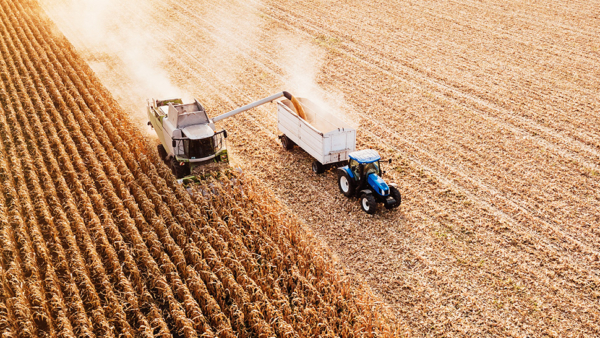

At their very core, all vets, be they surgeons or nurses, have a love of animals. As such, when animal welfare concerns arise, professionals in the sector both want to act are obliged to act in accordance with codes – the Royal College of Veterinary Surgeons (“RCVS”) Code of Professional Conduct for Veterinary Surgeons and the RCVS Code of Professional Conduct for Veterinary Nurses.
Whilst adherence to the Surgeons Code or Nurses Code (together “the Code”) is paramount, vet surgeons and nurses must also follow supporting guidance from the RCVS to protect their registration with the body.
The Code
The Code states that vet professionals must make “animal health and welfare their first consideration when attending to animals”. However, although this means not disclosing “to any third party any information about a client or their animal”, there are naturally exceptions to the rule.
These exceptions include:
- Getting client consent
- The disclosure justified by animal welfare concerns or wider public interest
- Where disclosure is legally required.
Looking only at welfare concerns, the RCVS provides examples where vet professionals may exercise their professional judgement and make a report to the relevant authorities, for example the RSPCA or SSPCA. These include where:
- An animal shows signs of abuse or neglect
- A dangerous dog could be a safety risk
- A breeder without a license to breed presents a litter or has breached the license conditions.
In these cases, and where vet professionals have reasonable grounds to believe the animal is showing signs of harm, is at risk of harm or the harm extends to other animals in the client’s care, the legitimate interest in disclosing the client’s personal data overrides the client’s rights to the protection of their personal data.
Practical implications
Looking to the Code and supporting guidance for assistance, it is important to be aware of the following implications before making a disclosure:
- Where appropriate, attempt to discuss your concerns regarding the welfare of the animal(s) with the client before considering disclosure
- Try and obtain first-hand knowledge of the relevant facts as opposed to third-party information, before deciding if you should make a disclosure.
- If in doubt, speak to senior colleagues or your defence organisation, professional association or the RCVS’ Professional Conduct Department to obtain advice on whether a disclosure is warranted. If the practice has an internal policy regarding disclosures, make sure you follow it. Not doing so could lead to internal disciplinary proceedings.
- Only disclose the information necessary to protect the animal(s) welfare or the public interest.
- Record, contemporaneously or as soon as possible after the incident, the reason(s) why disclosure is warranted, along with any conversations with the client, colleagues or professionals and the justification for disclosure within the client’s notes.
The RCVS specifically states that it may be “helpful to cite relevant paragraphs of the supporting guidance in their notes to support their decision-making and may consider adding a photo or video evidence to support their decision”
If a complaint should be raised against you by the client later down the line, it is unlikely you will be able to remember everything with absolute clarity. Therefore it is important that notes made at the time are robust. You’ll also be able to submit your contemporaneous notes part of your defence, as required, to the RCVS.
Insights
With reference to the above, it is important that professionals in the industry follow their practice’s internal policies in addition to the Code and supporting guidance before exercising their professional judgement and disclosing to the relevant authority.
Although it might be tempting to take matters into your own hands, this is not advisable. Not only is this contrary to the Code, but it can also have criminal ramifications.








